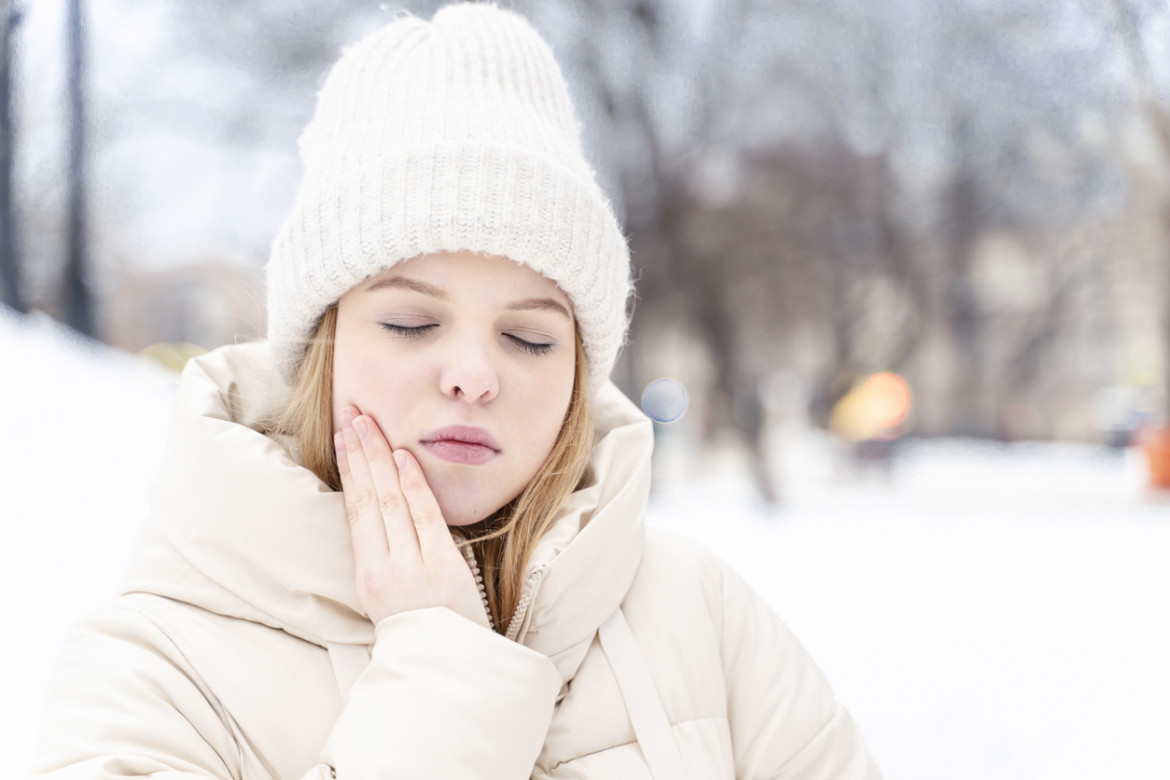Winter Dental Care: Tips to Keep Your Smile Healthy During the Colder Months
As temperatures drop, teeth often become more sensitive and vulnerable to various oral health issues. This comprehensive guide explores winter-specific dental care strategies, from managing sensitivity to maintaining proper hydration. Learn practical tips for protecting your smile during the cold season while enjoying holiday festivities responsibly.

When winter arrives, many people experience changes in their oral health that require special attention. Understanding how teeth in winter react to cold temperatures and seasonal lifestyle changes is crucial for maintaining optimal dental health during the chilly months.
How Cold Weather Affects Oral Health
Cold temperatures can trigger increased tooth sensitivity, making simple activities like breathing cold air or drinking hot beverages uncomfortable. The rapid temperature changes between heated indoor environments and cold outdoor air can cause teeth to contract and expand, potentially leading to micro-cracks in dental enamel. Additionally, winter air tends to be drier, which can reduce saliva production and increase the risk of cavity formation.
The winter season often brings heightened instances of dry mouth, particularly when indoor heating systems run constantly. Chapped lips and cold sores become more common, requiring targeted care to prevent discomfort and potential infections.
Hydration: A Key Factor in Winter Oral Health
While people tend to drink less water during colder months, maintaining proper hydration remains crucial for oral health. Adequate water intake supports saliva production, which naturally cleanses the mouth, neutralizes harmful acids, and helps prevent tooth decay. Experts recommend consuming at least eight glasses of water daily, even when not feeling particularly thirsty.
Winter often brings an increase in consumption of hot beverages and comfort foods that can impact dental health. Hot chocolate, flavored coffee drinks, and sweetened teas often contain high sugar levels that can contribute to tooth decay. Instead, opt for sugar-free alternatives or unsweetened beverages. When indulging in warm drinks, using a straw can help minimize contact between sugary liquids and teeth.
Protecting Lips and Gums
Winter conditions can be particularly harsh on lips and gums. To prevent chapping and cracking, use a moisturizing lip balm with SPF protection, as winter sun can still cause damage. For gum health, maintain gentle brushing techniques and consider using an alcohol-free mouthwash to avoid further drying of oral tissues.
Holiday Oral Health Strategies
The winter holiday season typically involves increased consumption of sugary treats and irregular eating patterns. To maintain oral health during this period:
- Rinse mouth with water after consuming sugary foods
- Maintain regular brushing and flossing routines despite busy schedules
- Choose sugar-free alternatives when possible
- Avoid using teeth as tools for opening packages or cracking nuts
- Keep a travel-sized dental care kit for unexpected overnight stays
- Essential Winter Dental Products
Several products can help address winter-specific oral health challenges:
Sensitive Toothpaste: Look for products containing potassium nitrate or strontium acetate to help reduce tooth sensitivity.
Fluoride Mouthwash: Regular use can provide additional protection against cavity formation during winter months.
Alcohol-Free Products: Choose oral care products without alcohol to prevent additional drying of mouth tissues.
Lip Care: Select balms with natural moisturizers like beeswax or shea butter to protect sensitive lip tissue.
When to Seek Professional Dental Care
While many winter-related dental issues can be managed at home, certain situations warrant professional attention:
- Persistent tooth sensitivity lasting more than a few days
- Severe dry mouth that doesn't improve with increased hydration
- Cracked or chipped teeth from winter activities
- Signs of infection, including swelling or persistent pain
- Development of cold sores that don't heal within two weeks
- Preventive Care Measures
Relevant ADA Codes
D0120 - Periodic oral evaluation
D1110 - Prophylaxis (professional cleaning) - adult
D9110 - Palliative (emergency) treatment of dental pain
D9910 - Application of desensitizing medicament
D9911 - Application of desensitizing resin for cervical/root surface
- Schedule regular dental check-ups before winter activities begin
- Replace old toothbrushes that may harbor bacteria
- Consider using a humidifier to maintain optimal moisture levels indoors
- Protect teeth during winter sports with proper mouthguards
- Maintain consistent oral hygiene routines despite schedule changes
For those seeking dental care products to address winter oral health needs, Dr. BestPrice's dental auction site offers a wide selection of oral care items at competitive prices. The platform provides access to quality dental products while helping consumers make informed decisions about their oral health investments.
Remember that maintaining good oral hygiene during winter requires extra attention and care. By following these guidelines and adapting oral care routines to address seasonal challenges, individuals can maintain healthy smiles throughout the colder months. Regular monitoring of oral health and prompt attention to any issues that arise will help ensure optimal dental wellness during the winter season.



